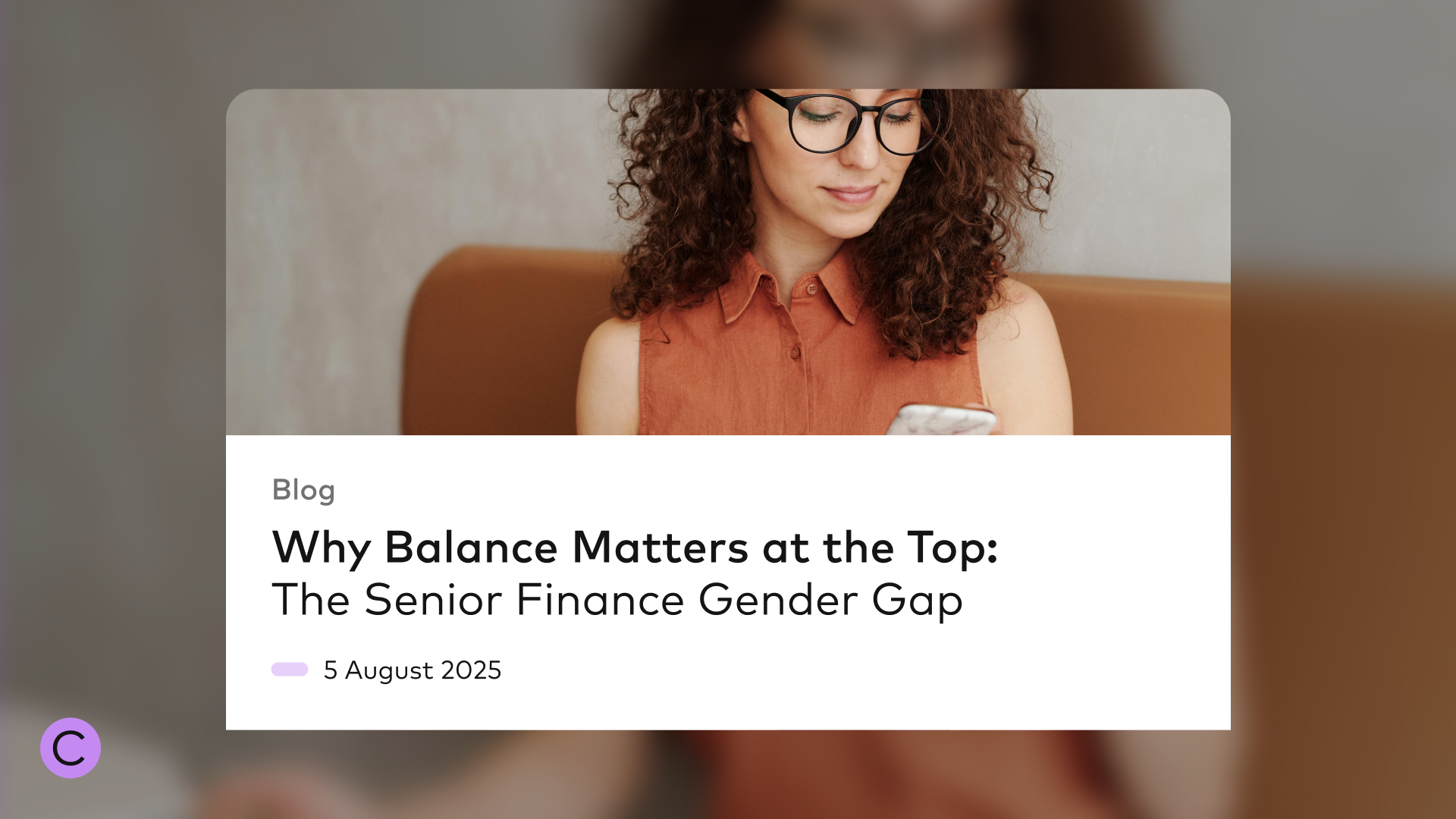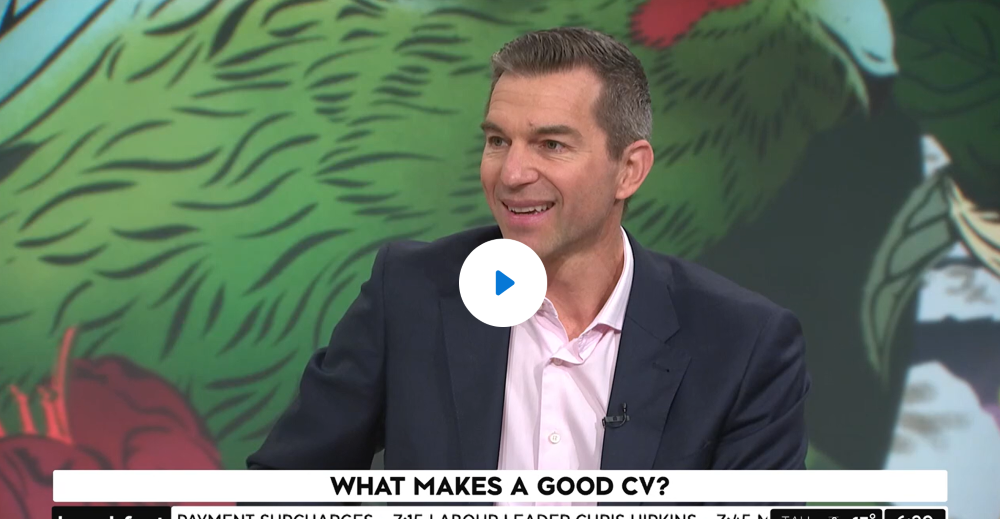May 21, 2024
Future Focus: Why Should We Care About Diversity?
by
Trina Jones
Here’s some food for thought….baby boomers are exiting the workforce while birth rates are in decline, at a record global low since World War II...so we’re staring down the barrel of an ageing workforce. There's another topline stat from Stats NZ that really caught my attention: by the 2030s, a substantial part of the working population in Aotearoa will be more diverse, with significant representation from Asian, Māori, and Pasifika communities.

In one breath you take a step back and think isn’t having your own family a rite of passage? Perhaps women today, more than ever before, are educated, working and career focused, therefore have a greater choice of lifestyle options. Modern society does not necessarily feel the need to procreate or follow the “traditional” pathway. Increasing infertility amongst both men and women could also be a contributor.
Our ageing workforce, as it’s been discussed for some time, is very real with those over 50 making up a third of our workforce and are the fastest growing demographic. Those currently in retirement have access to the pension and the gold card. However, it’s highly unlikely those benefits will be there for those retiring in the future, as we simply wont have a working tax paying population big enough to fund it. While we can’t encourage people to have children and can’t turn back time on aging, we can act now to improve our workforce diversity, to prepare for the future.
So, let's talk about our workforce stats. Looking ahead, where we see a significant presence of Asian, Māori, and Pasifika ethnicities. While our Asian communities seem to be better represented across different job levels, when we lift up the hood on Māori & Pasifika in particular the truth is, it's not looking great. Whether you're listening to the latest research or hearing anecdotes from employers, government or industry insiders, one thing is clear Māori and Pasifika are poorly represented across a range of roles, especially in leadership.
When I reflect on why the gaps still exist, I considered, is there enough education in schooling on job prospects? Are young people following in the footsteps of parents or relatives, therefore leading to less awareness about other pathways to success? There is lower representation of Māori & Pasifika in higher education or further study. Lack of cultural understanding, repeating the cycle, or traditional recruitment processes that don’t allow these communities to shine could all contribute to the continued lack of representation across certain roles. We’re stuck in a loop and something has to change.
Over 50% of our shareholders at Cultivate are Māori & Pasifika and we’re immensely passionate about doing some real mahi in this area to make a difference - not lip service, an actual difference. We talked to our friends at the University of Auckland Career Development & Employability Services who shared that Māori & Pasifika rangitahi often feedback from workplace experiences (both in graduate and internship roles) that breaking through the glass ceiling into senior management roles, across most organisations/industries, is still a challenge.
There’s certainly a real emergence of mahi in this space, we saw it firsthand with the All of Government Recruitment Panel appointed last year, which had a key weighting on improving outcomes for Māori & Pasifika, commitment across a large number of our customers who have this as a clear DEI strategy and others who are emerging and see the importance of getting started. I had the privilege of attending the Diversity Works awards last year and there was also a groundswell of submissions from organisations across Aotearoa doing meaningful work in this space to consider programs of work that can help elevate and help our Māori & Pasifika communities to thrive professionally.
We’re very much at the start of our own journey on this topic, and are learning from our own customers and partners around cultural understanding, in particular how we can best tap into these talent pools. We don’t have all the answers so becoming a Diversity Works member and accessing their resources, tools and broader community of members on what’s tried, tested and working all helps.
We know one of the biggest challenges is ensuring our recruitment campaigns encourage applications from across our communities. If we can’t get them to the application stage, it doesn’t lend itself to be better outcomes at final stages. We’re investing in a predictive analytics tool to help us understand our actual diversity mix from application stage to placement. Being able to actually track the demographics of our candidate base will at least help us recognise where the gaps open up and where we are seeing solid results.
Addressing diversity and creating career pathways into entry level roles will help advance these communities. Do nothing and we’ll have big gaps opening up in mid to senior level roles that have traditionally been easier to source. It's a win win on both sides - it's helping to advance underrepresented communities, who traditionally fall into low pay roles, into the primary labour market instead with better opportunities to grow and thrive. It will also help employers create a funnel of future talent across their organisations. However career pathways with learning and upskilling opportunities tailored to the needs of these groups must to be considered to see a fruitful outcome.
Keen to learn more about what we’re up to? Reach out to Trina here. Equally, we’re always up for hearing from organisations who can share any success stories or insights on their journey.




